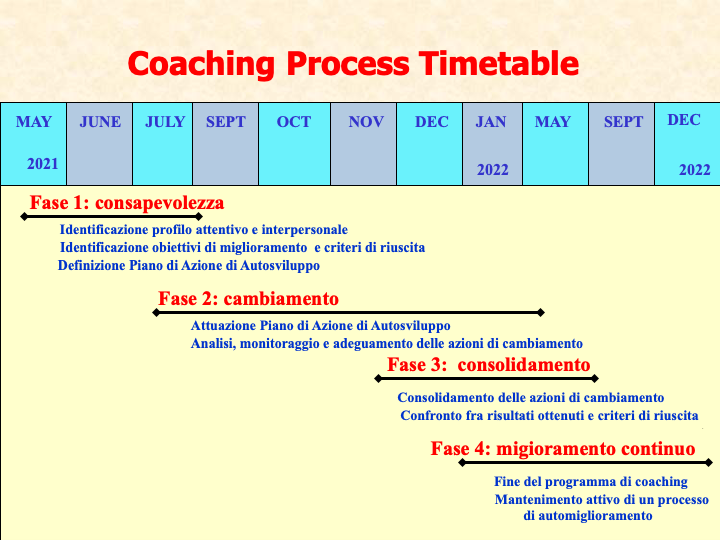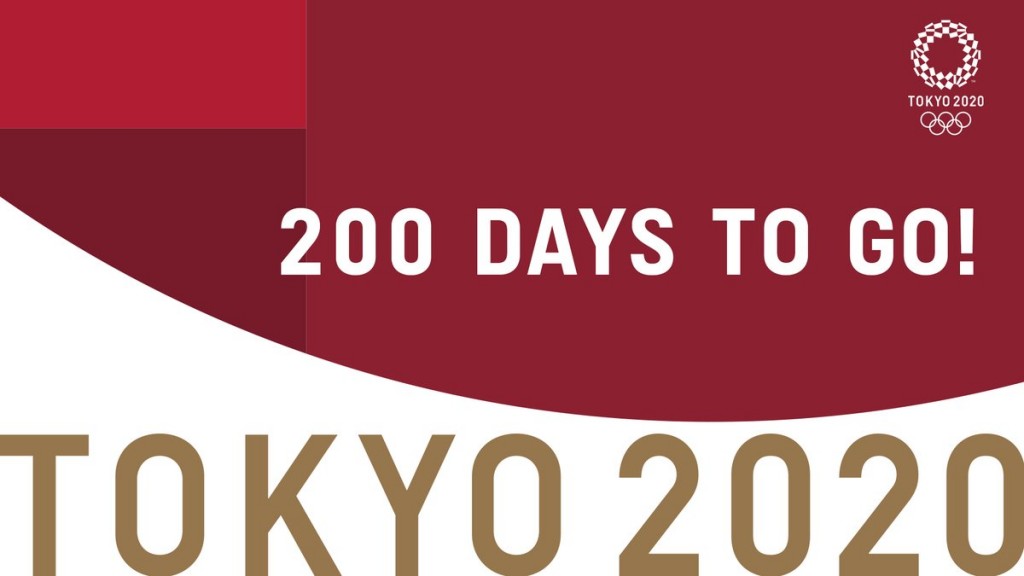Building an advanced psychological training program requires knowledge of the psychological implications typical of a given sports discipline. Some examples:
- Endurance sports (e.g., cross-country, marathon, rowing, swimming) require the ability to tolerate physical fatigue and to be able to handle it at times when it arises in competition. They require considerable awareness of bodily sensations so they can recognize and anticipate any critical moments during the race.
- Precision sports (e.g., archery, shooting, target shooting)-require combining together precision of sporting action and speed, so concentration is totally oriented to technical execution.
- Sports of coordination in space (e.g., artistic gymnastics, figure skating, synchronized swimming, diving) in these sports the athlete tends to provide the ideal performance but also knows that it is almost impossible to achieve. Even the slightest mistake leads to a reduction in the quality of the performance and, therefore, also in the score that the jury will award him or her.
- Speed sports (e.g., 100 and 200 meters, relays, 400 meters, swimming) require total concentration for the entire duration of the test. Decisive is the ability to effectively manage the impulsiveness and tendency to react too early that is experienced in the moments before the start.
- Combat sports (e.g., fencing, boxing, martial arts) require a high level of mental and physical responsiveness throughout the duration of combat. Of considerable importance is the ability to know how to anticipate the opponent’s moves. Given the brevity of the fight, the ability to feel in competition from the first seconds is decisive.
- Team sports (e.g., soccer, volleyball, basketball, rugby) require the development of tactical thinking in a context of cooperation with one’s teammates. Penalties in soccer, serving in volleyball, free throws in basketball, and kicking in rugby require a type of concentration very similar to that of precision sports.
Once it has been established what the psychological implications are, related to the sport discipline in which one is operating, it is up to the counselor to structure a program that takes into consideration the development and improvement of the athletes’ psychological skills. For an absolute level athlete, the psychological skills to be mastered optimally are: goal setting, competitive stress management, concentration in training and competition, race planning and management, and explanatory style i.e., explaining one’s performance.
In addition, knowing how to manage one’s lifestyle in a appropriate way to one’s sports career and establishing an efficient and effective working relationship with the coach is equally crucial.






